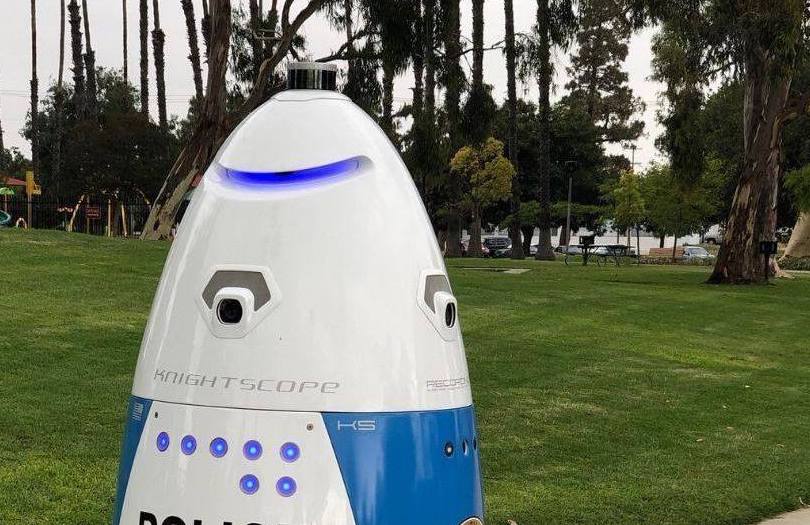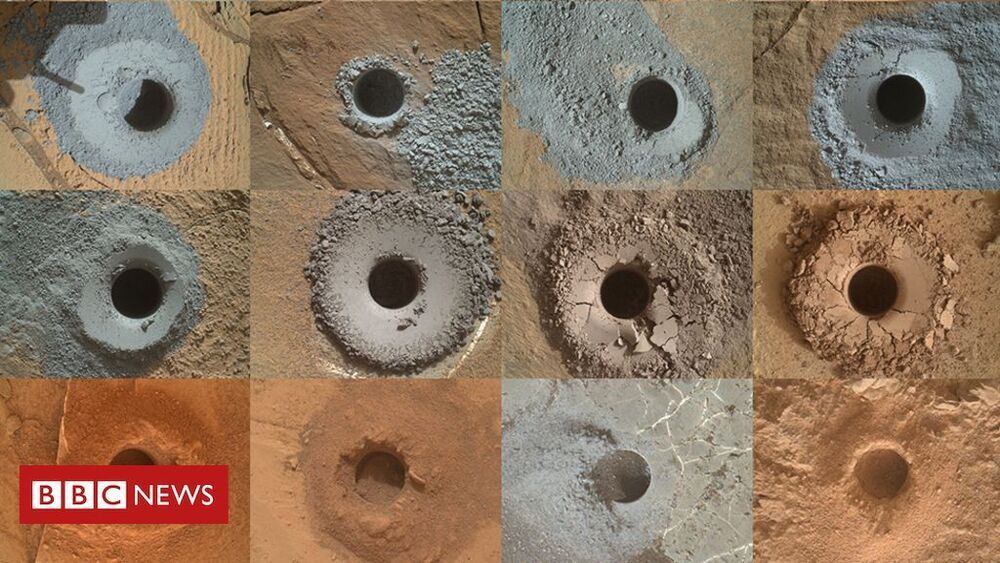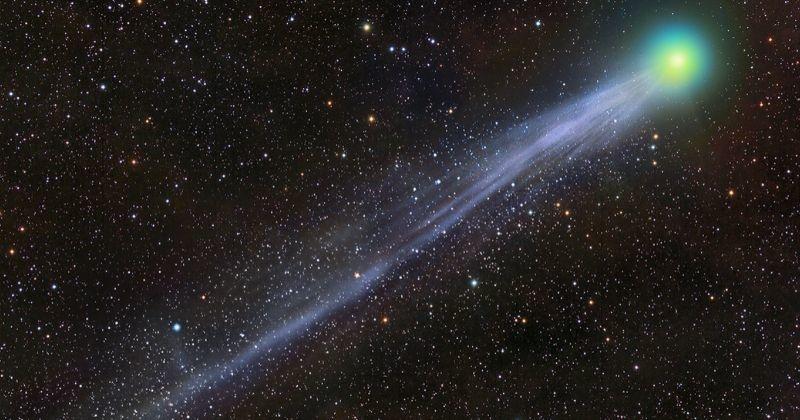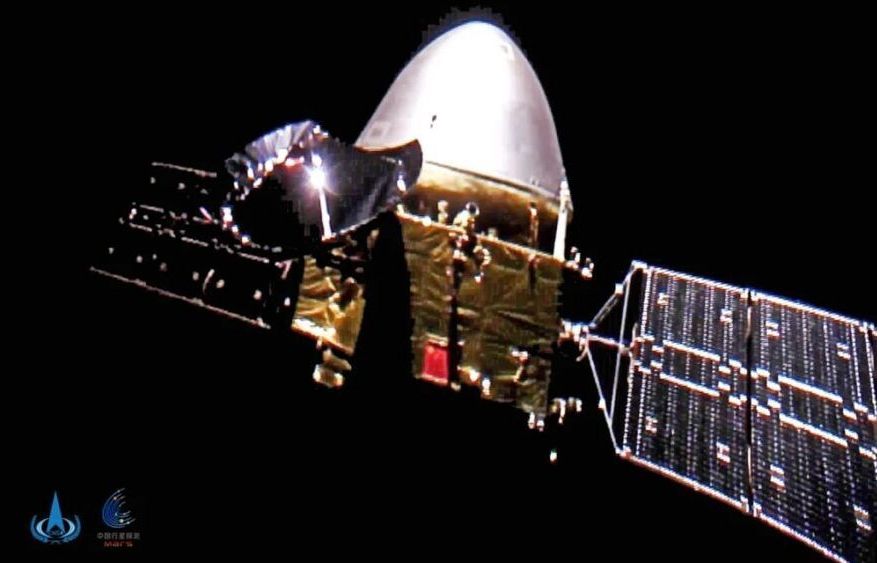The arrival of government-operated autonomous police robots does not look like predictions in science fiction movies. An army of robots with gun arms is not kicking down your door to arrest you. Instead, a robot snitch that looks like a rolling trash can is programmed to decide whether a person looks suspicious —and then call the human police on them. Police robots may not be able to hurt people like armed predator drones used in combat— yet —but as history shows, calling the police on someone can prove equally deadly.
Long before the 1987 movie Robocop, even before Karel Čapek invented the word robot in 1920, police have been trying to find ways to be everywhere at once. Widespread security cameras are one solution—but even a blanket of CCTV cameras couldn’t follow a suspect into every nook of public space. Thus, the vision of a police robot continued as a dream, until now. Whether they look like Boston Dynamics’ robodogs or Knightscope’s rolling pickles, robots are coming to a street, shopping mall, or grocery store near you.
The Orwellian menace of snitch robots might not be immediately apparent. Robots are fun. They dance. You can take selfies with them. This is by design. Both police departments and the companies that sell these robots know that their greatest contributions aren’t just surveillance, but also goodwill. In one brochure Knightscope sent to University of California-Hastings, a law school in the center of San Francisco, the company advertises their robot’s activity in a Los Angeles shopping district called The Bloc. It’s unclear if the robot stopped any robberies, but it did garner over 100000 social media impressions and Knightscope claims the robot’s 193 million overall media impressions was worth over $5.8 million. The Bloc held a naming contest for the robot, and said it has a “cool factor” missing from traditional beat cops and security guards.









